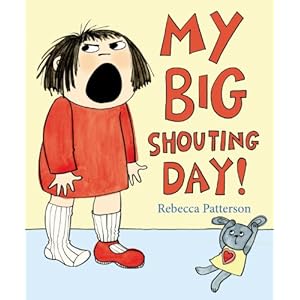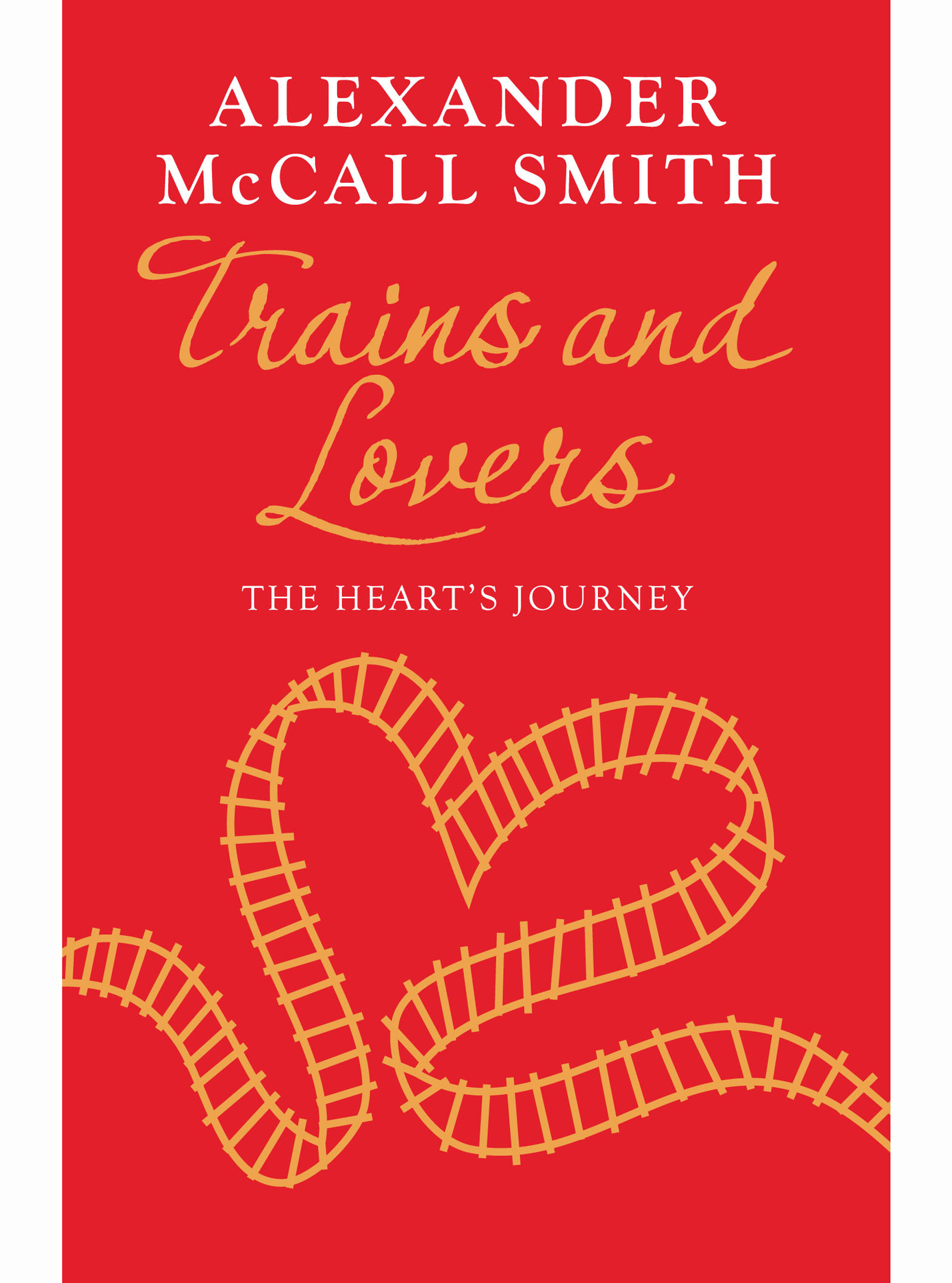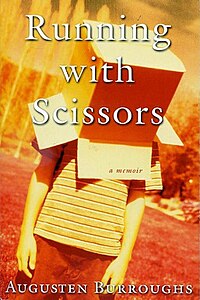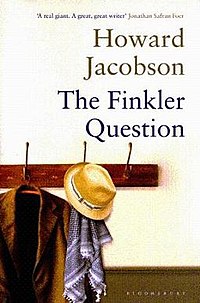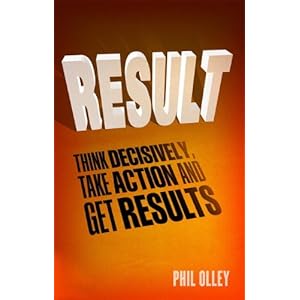--The blurb--
"Julian Treslove, a professionally unspectacular former BBC radio
producer, and Sam Finkler, a popular Jewish philosopher, writer and
television personality, are old school friends. Despite very different
lives, they've never quite lost touch with each other - or with their
former teacher, Libor Sevcik. Both Libor and Finkler are recently
widowed, and together with Treslove they share a sweetly painful evening
revisiting a time before they had loved and lost. It is that very
evening, when Treslove hesitates a moment as he walks home, that he is
attacked - and his whole sense of who and what he is slowly and
ineluctably changes."
--The review--
Many time-poor commuters look, rightly or wrongly, to the Booker Prize shortlist and eventual winner each year for surefire good reads, and hope not only for something intellectually weighty but also readable and amusing, so that it's not too hard to read during the 7.30 commute or just before bed. It's possible that this is too much to ask - and sadly The Finkler Question only fulfils the first category (and borders on the confusing at that). How is it that a book and author so reputed for their humour could prove so disappointing?
Of course Booker judges do get it wrong at times. Ian McEwan's Amsterdam is often considered an ill-deserving recipient of the prize, while many others consider it unfair that JG Ballard's Empire of the Sun lost out to Anita Brookner's Hotel du Lac. And initially it seems that The Finkler Question (which won the award in 2010) is not part of this list of ill-fated novels: from the outset it is dry, wry, sardonic, ironic, and satirical, with a gripping opening. Chapters can be short and readable, and the novel deals with notions of the past, present and future in ways that are significant to us all. The question of whether we can truly escape our upbringing and background is equally thought-provoking, and well worth exploring.
However, these positive points are short-lived. Some important plot points are based on psychic predictions coming true, or (for the cynical) coincidences occurring, and these frequently seem just a little bit too convenient. It's possible that this impact depends on the reader's level of belief in the occult - but let's try to be fair. We don't see the significance of all this hocus-pocus, but the narrator does, and surely the point of writing is to show us something that is different to ourselves. And if we as readers are of the same view of his family, who also don't understand the protagonist's point of view, we shouldn't feel completely alienated. On the other hand, a more skilled writer perhaps makes the character seem believable, or like someone we can identify with, only to turn this idea on its head later (as Sebastian Faulks does in Engleby) - but with Jacobson's main character, named Julian Treslove, this never happens.
Unfortunately, the criticisms don't stop there. Along with Jacobson's irritating use of ellipsis and unclear plot points, The Finkler Question seems to have adopted an anti-BBC stance just because it is fashionable, and the holy trinity of bitter arts student stuck in the past is more than a little contrived. Frequently obscure, overly philosophical, stagnant, and almost too self-reflective, the author's pompous prose is also in no way enhanced by the eccentric characters that are intended to be amusing (but are not).
The narrator's paranoia is also not something that the reader can easily identify with, and this ultimately proves reminiscent of the protagonist's unbelievable "secret" that forms the centrepiece of Philip Roth's The Human Stain. Further to this, the presented view of how women see sex seems incongruent, and the plotline presupposes knowledge of Israel, Palestine, Gaza, Zionism and so on, and while this could galvanise less-informed readers into action, it too serves overridingly to alienate. Tyler and Sam's relationship is equally incomprehensible, with them barely seeming to like, let alone love, each other.
One of the interesting questions that Jacobson does raise - whether a whole new life and mindset is ever completely possible - is never answered by the author, along with several other questions that he plants the seeds of (including that of the book's title). Even though the novel arguably teaches us not to become Julian Treslove, and to live our own lives instead of living through others, this meaningful message is often so poorly told that it's easy to see why readers do not persevere with The Finkler Question - or why they are often so disappointed when they do. Time-pushed commuters would do better to heed the 2-star majority of reviews on Amazon for this work by Jacobson, and look elsewhere for literary yet amusing forms of entertainment.
other works by Howard Jacobson
Coming From Behind (1983)
Peeping Tom (1984)
Redback (1986)
The Very Model of a Man (1992)
No More Mister Nice Guy (1998)
The Mighty Walzer (1999)
Who's Sorry Now? (2002)
The Making of Henry (2004)
Kalooki Nights (2006)
The Act of Love (2008)
Zoo Time (2012)








